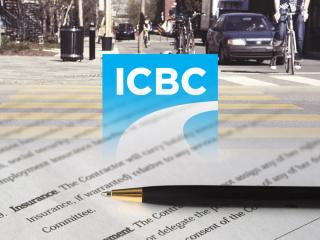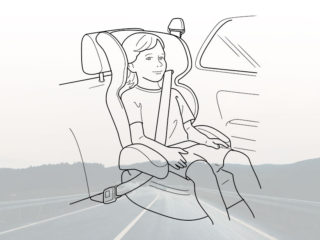Lying on a warm, sunny beach, the waves crashing gently in the distance, a cold drink or a good book by your side…
For most, travelling south for a winter vacation away from the cold weather, work, and other responsibilities is a trip to paradise. But travelers should be aware that if an accident or a tragedy strikes, it may be difficult, if not impossible to seek proper compensation for the loss.
Standards of acceptable maintenance, safety, and care are not always the same in foreign countries as they are at home. A recent story in the CBC reported that when a man appeared to suffer a heart attack leading to his death while swimming at a vacation resort in Cuba, the medical attention he received was called into question. The story notes a long delay before one of the two ambulances in the resort town of Varadero responded to the distress call. Lifeguards from the hotel did not appear to be performing first aid properly. After the man was pronounced dead, little help was provided in tending to the body or preserving it for transport back to Canada.
Where someone wishes to pursue a claim for compensation for damages suffered in another country, there can be several potentially insurmountable roadblocks to these claims.
First, some countries may prohibit these claims, while others may have very short periods in which to sue. Consultation with a local lawyer would be critical to investigating the personal injury compensation system in that jurisdiction.
Second, many resorts and hotels are owned by shell corporations located in other countries, while others may in fact be owned by the local government. This can make locating and negotiating with a target defendant very difficult.
Third, a claim against a travel provider or tour operator located in Ontario can also be challenging. Though they may operate locally, there are very few reported decisions where one has been found liable for an injury at a resort or hotel.
Perhaps even more significantly, since the recent Supreme Court of Canada decision in Club Resorts Ltd v Van Breda , it is now nearly impossible to successfully sue a foreign defendant for damages sustained out of province. For more information on the Van Breda test, read Anna Stoll’s recent post to this blog: What To Do If You Are Injured In An Accident In The United States.
As an example, in Haufler v. Hotel Riu Palace Cabo San Lucas, the Plaintiff was injured in an ATV accident while staying at a Mexican resort. She attempted to sue the Mexican tour operator, but it did not respond to the claim and was presumed to be bankrupt. The defendant resort moved successfully to have the Ontario Court decline to exercise jurisdiction over the hotel as there was no real and substantial connection between the resort and Ontario. Even though an injury may occur to an Ontario resident due to the fault of a foreign hotel or resort, he or she cannot simply sue in Ontario because it is more convenient.
Most Ontario residents will continue to flock to beaches, tour excursions and out-of-country adventures, and have wonderful experiences that will have them returning time and again. However, they should all be aware that if disaster does strike, receiving compensation may not be a similar trip to paradise.













